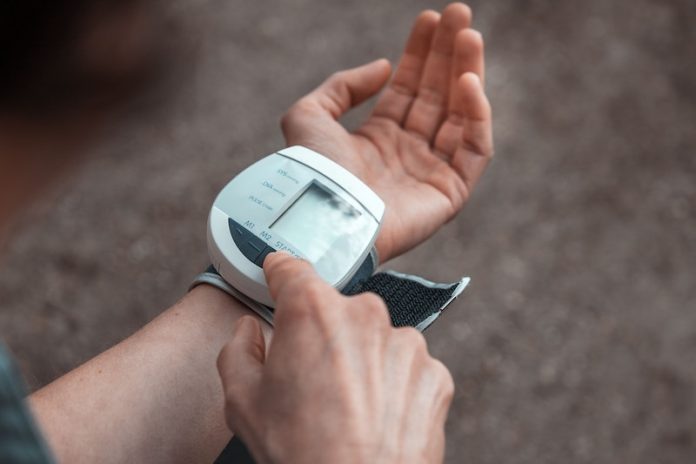
High blood pressure, or hypertension, is a pervasive health issue that affects nearly half of all adults in the United States, encompassing approximately 116 million individuals.
Left unchecked, it can lead to severe health complications such as heart attacks, strokes, and kidney disease.
Older adults are particularly susceptible to the adverse effects of hypertension, making it a leading cause of preventable deaths and often an overlooked contributor to premature disability.
While evidence underscores the substantial benefits of effective blood pressure management in older adults, a recent study reveals that fewer than 30% of older adults in need of intensive hypertension treatment receive it.
This alarming trend, according to researchers at Beth Israel Deaconess Medical Center, represents a growing public health gap that demands attention.
Evolving Hypertension Guidelines
The most recent hypertension care guidelines from the American College of Cardiology and American Heart Association redefined high blood pressure as systolic readings of 130 mmHg and above and diastolic measurements of 80 and above.
This shift from the previous threshold of 140/90 means that more individuals now fall under the category of high blood pressure, warranting treatment.
Study Findings
The study examined ten years of national data encompassing adults aged 60 and older who visited primary care providers and had a previous high blood pressure diagnosis.
Researchers focused on identifying patients who received “appropriate antihypertensive intensification,” defined as adding an antihypertensive medication to their treatment plan.
The analysis revealed that, based on office blood pressure measurements, treatment intensification was warranted in up to 7,404 primary care visits recorded between 2008 and 2018, reflecting approximately 293 million visits nationally.
However, appropriate intensification never surpassed 27.5%.
Even when applying the most inclusive measure for patients not previously on hypertension medication, only 15.3% received appropriate intensification.
Across all three sets of published treatment targets, the percentage of patients receiving proper intensification declined over the study period.
Notably, appropriate treatment intensification dropped from nearly 25% of patients in 2008-2009 to about 15% in 2015-2018.
Challenges and Future Strategies
Several factors contribute to this concerning trend. Doctors may have concerns about antihypertensive medications causing falls in older adults, and patients may be hesitant to add more medications with potential side effects.
Primary care providers often face challenges in aggressively treating high blood pressure during brief 15-minute visits, as they must also address cholesterol, diet, weight, and increased documentation demands.
Future studies will explore strategies to motivate doctors to improve hypertension treatment among older adults.
One potential approach involves refining medical record systems to automatically alert doctors when a patient’s blood pressure exceeds the desired threshold, prompting medication adjustments.
In conclusion, the study sheds light on the critical issue of uncontrolled hypertension among older adults.
Despite evolving guidelines and the proven benefits of blood pressure management, the study’s findings highlight the need for more effective strategies to address this growing health concern and safeguard the well-being of older individuals.
If you care about blood pressure, please read studies about unhealthy habits that could increase high blood pressure risk, and eating eggs in a healthy diet may reduce risks of diabetes, high blood pressure.
For more information about blood pressure, please see recent studies that early time-restricted eating could help improve blood pressure, and results showing 12 foods that lower blood pressure.
Follow us on Twitter for more articles about this topic.
Copyright © 2023 Knowridge Science Report. All rights reserved.



